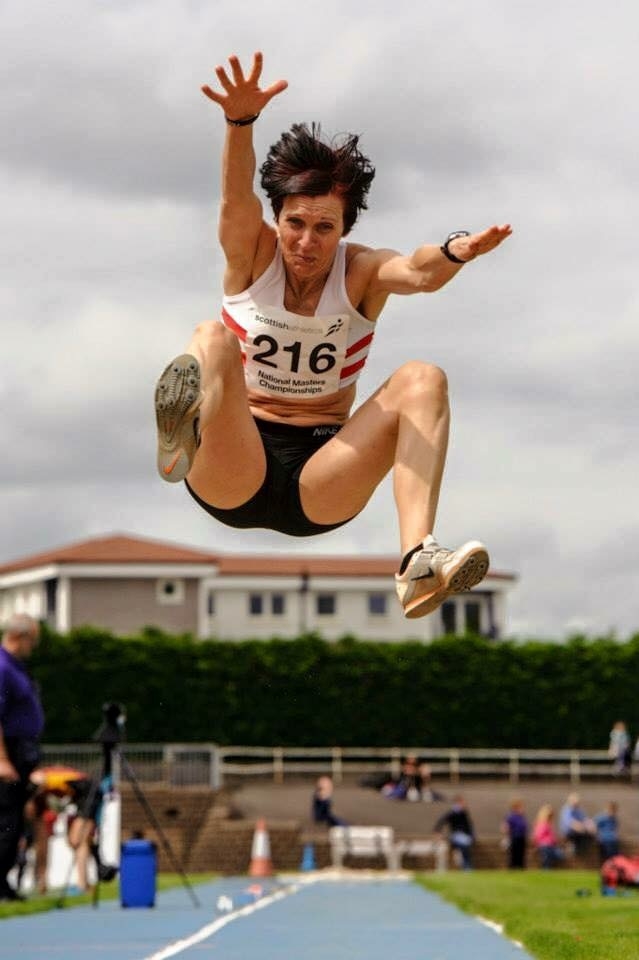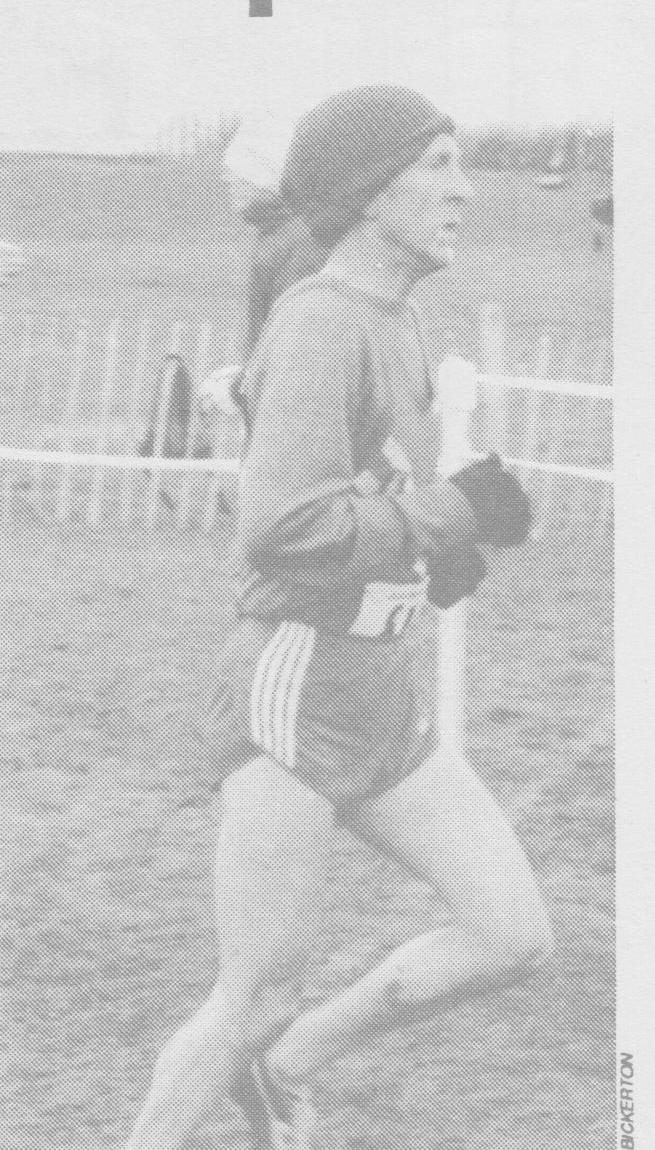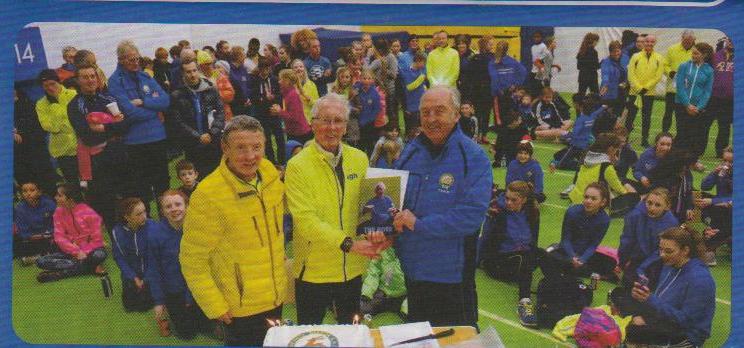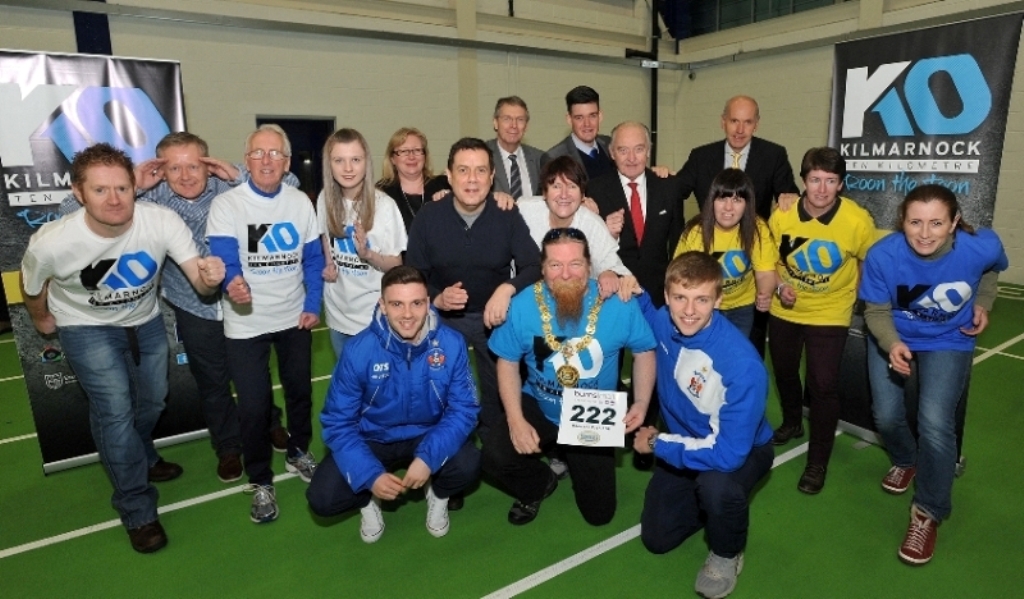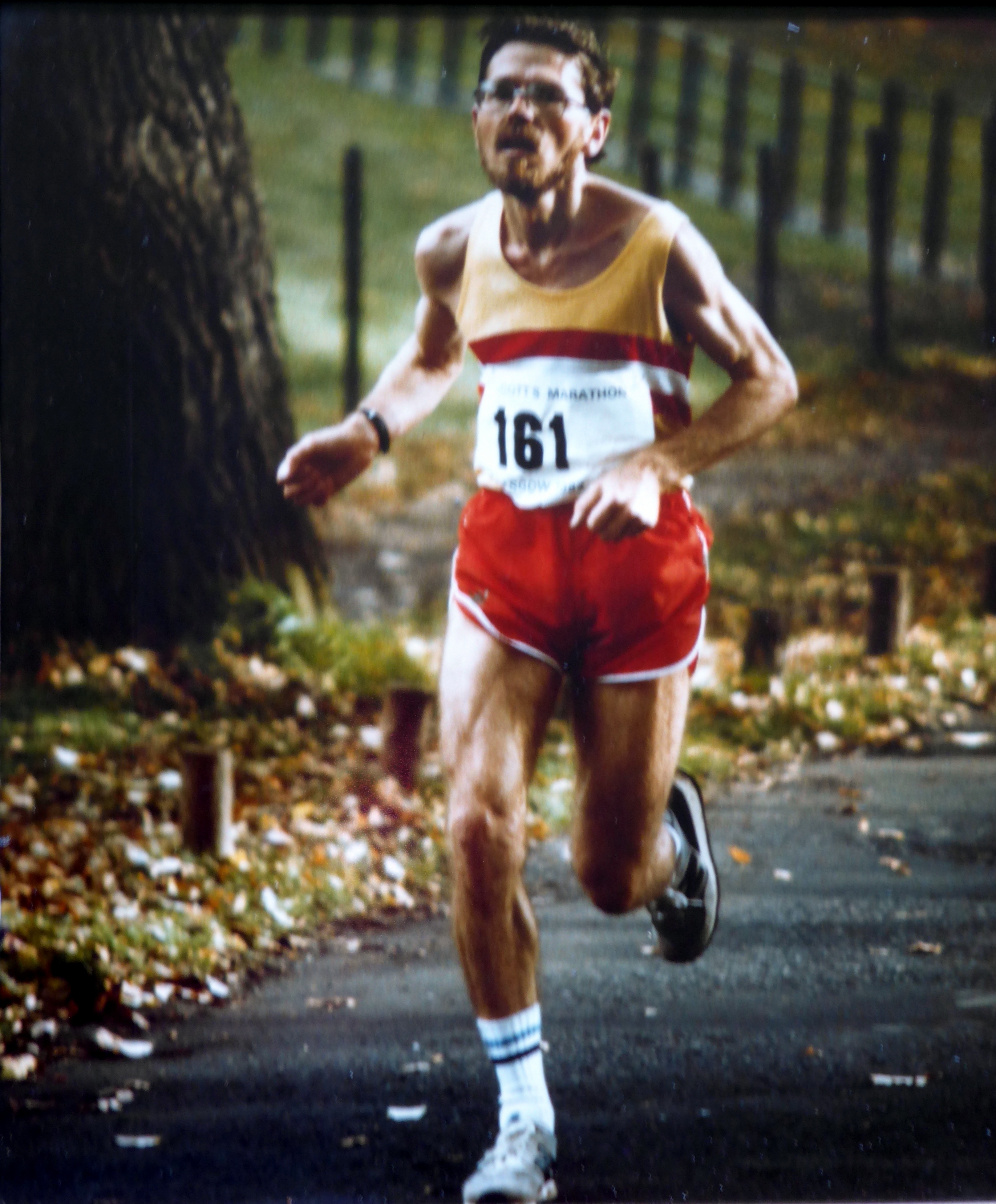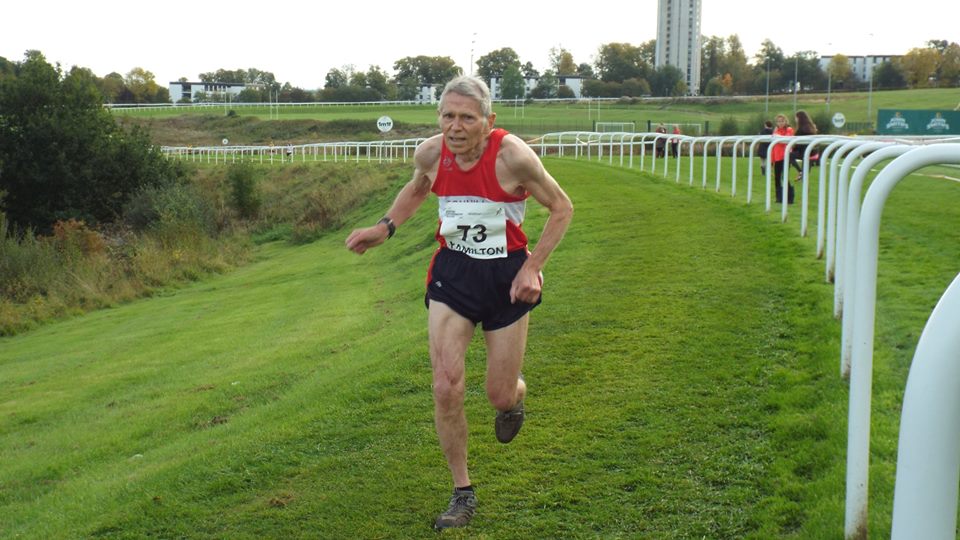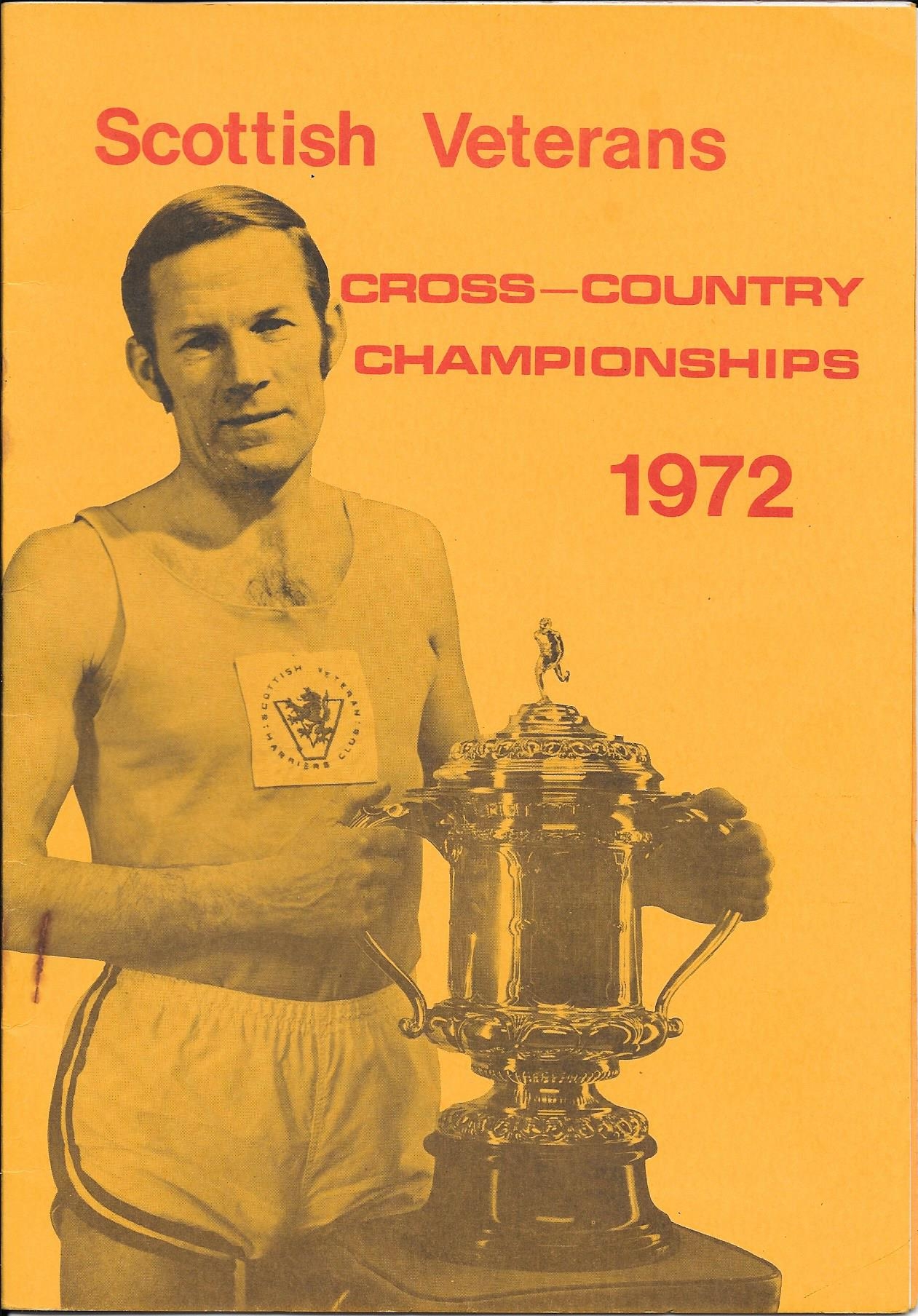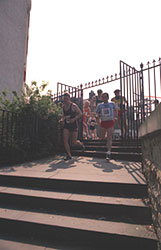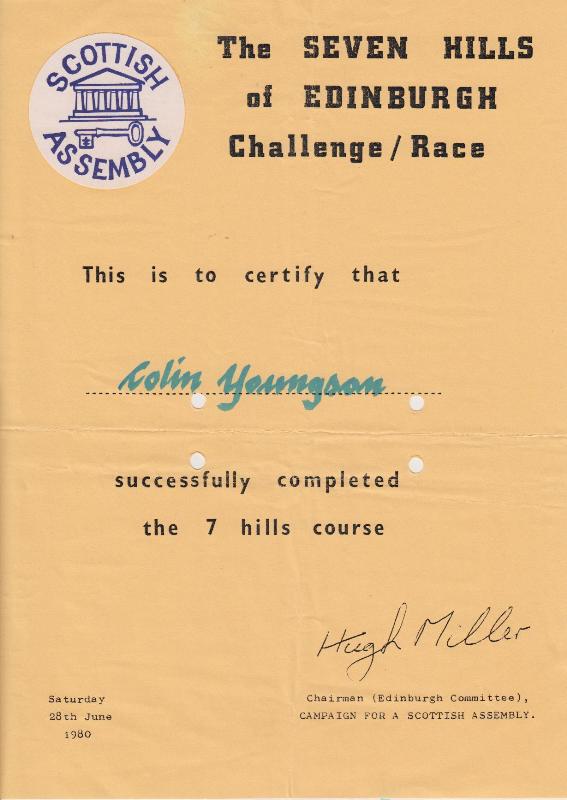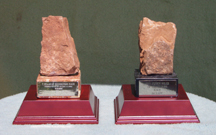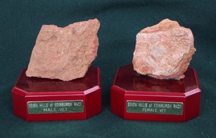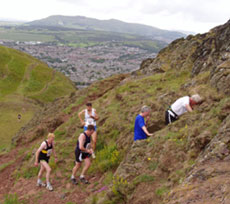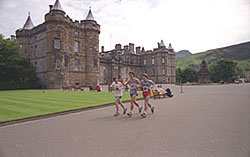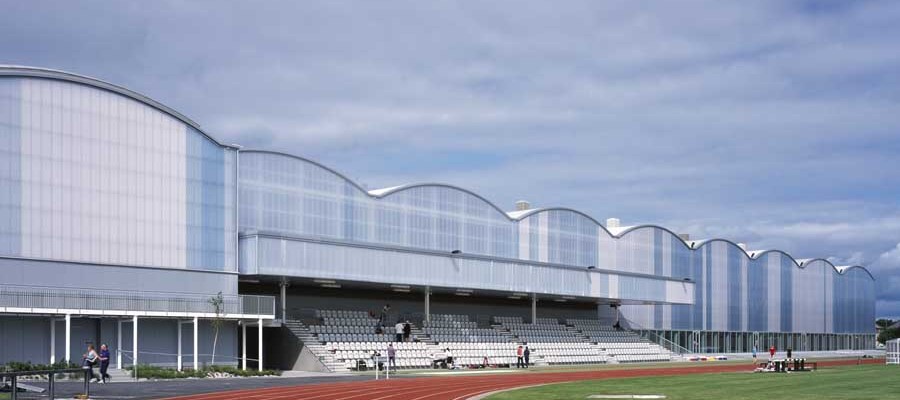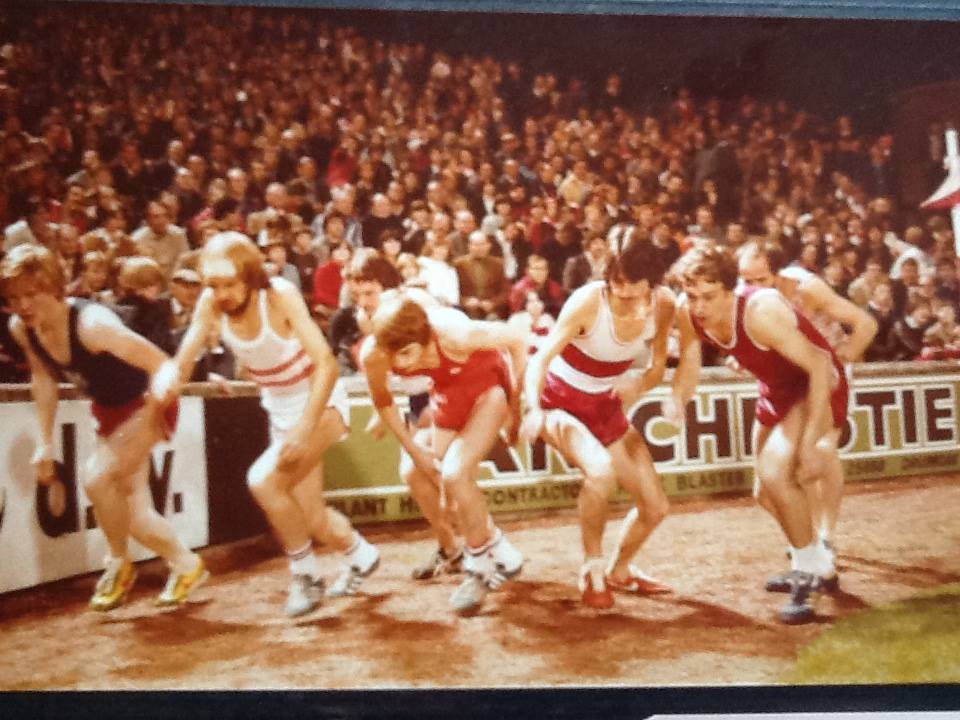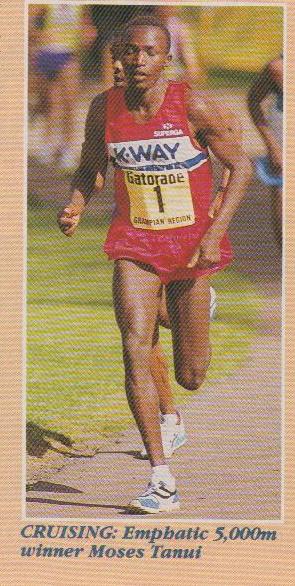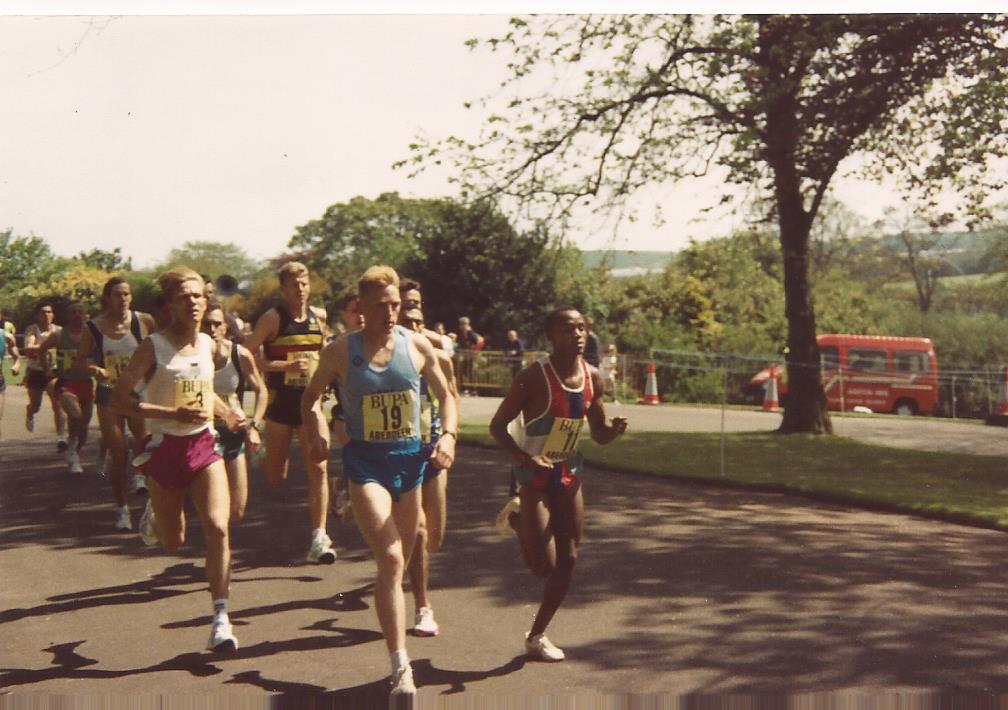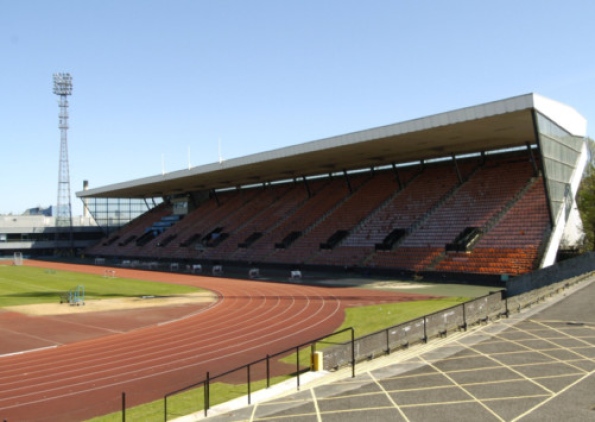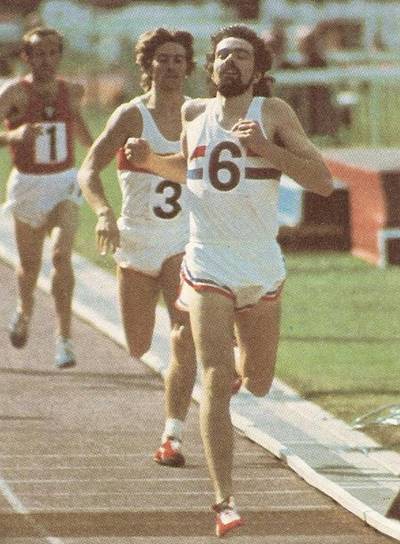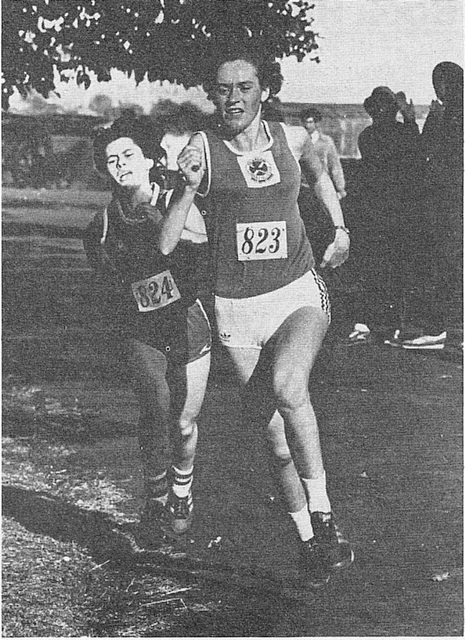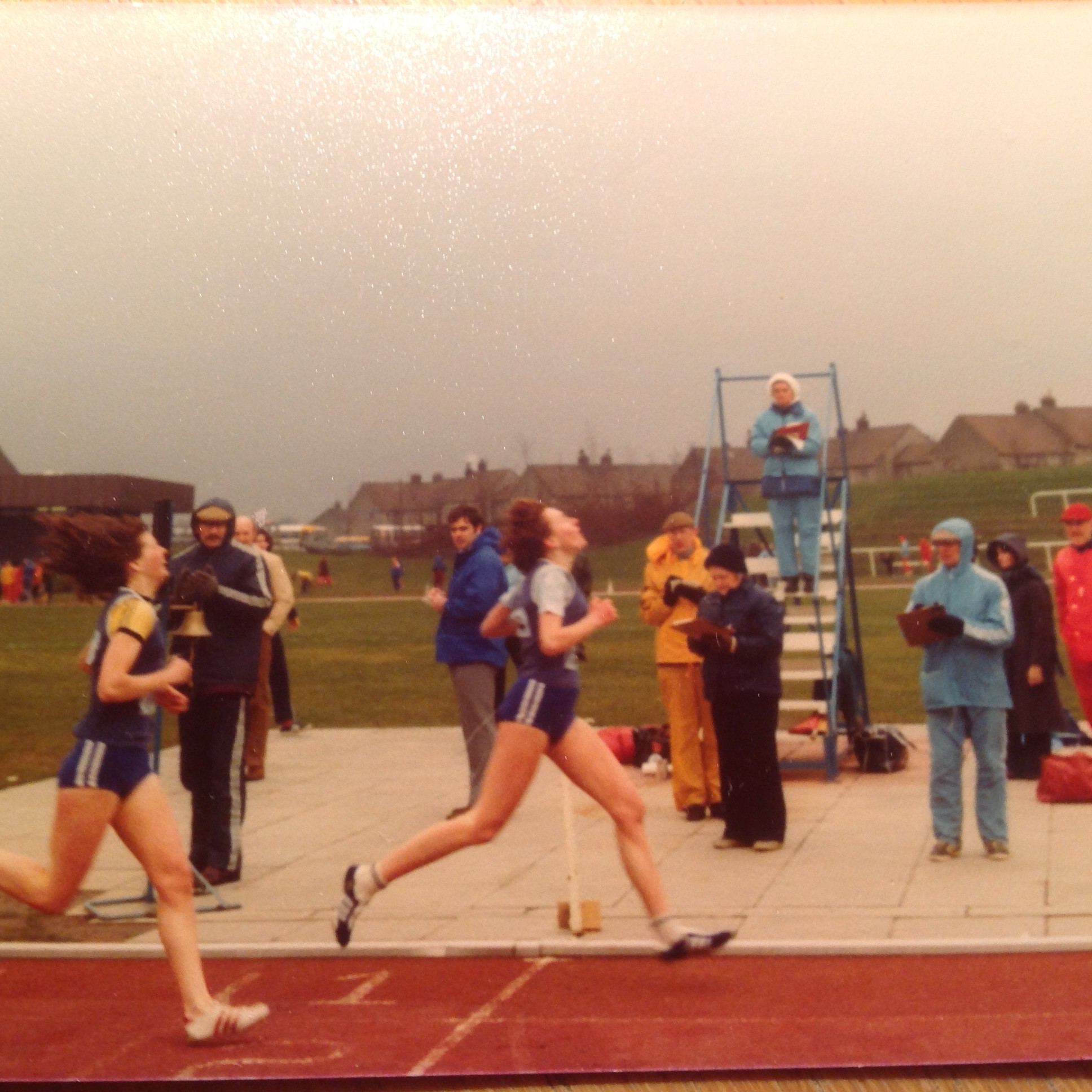HOOKED
Sipping at a slender glass of shandy, Brian Mackay lingered wearily in a dimly-lit corner of the near-deserted hotel lounge. He tried to look manly but inconspicuous. Above the distant bar, the ‘polite notice’ ‘RU18?’ glinted. Brian shifted uncomfortably – there was no escape now, but why couldn’t he have arranged to meet her in the safe familiar surroundings of Aberdeen’s ‘West End Soda Fountain’, or even ‘The Mitsuku’, that noisy cramped teenage coffee house? He wondered whether he would feel more at ease in six months time after his eighteenth birthday. Perhaps not. Katy might be a year younger but already had the confidence and glamour of at least twenty-one. Brian averted his gaze as the barman, stony-faced, passed by cleaning ashtrays. Any hotel worker who kept glancing in Katy’s direction, Brian mused sourly, would not be considering ejecting her for under-age drinking.
Life could be so unfair. Sources of joy turned into causes of sorrow. Glumly he considered the roots of his unhappiness. He blamed Doug Stevenson for increasing one variety of stress …………..
On the first day of last term, right after the Summer holidays, Doug’s muscular right arm had barred Brian’s way in the corridor. “Mackay!” he’d grunted, “Cross-country training. Tuesday after school. Meet in the gym. Be there!”
“I’m not sure about that!” Brian had blurted out, startled by Doug’s blunt insistence, “You know we’ve all got too much work this year. Anyway, I hate running in mud – a mile my limit. What distances are these races anyway?”
“Three or four miles. You’ll get used to it – good enough on the track – and I’ll soon get you fit. Who needs to swot until the night before anyway?”
End of conversation. Doug’s natural authority made refusal unlikely and, in any case, Brian secretly admired the older boy’s assured manner, his swashbuckling approach to study, beer-drinking, women and life in general. And he had to acknowledge a yearning to explore his own athletic potential.
A sprinter, Brian was not, having failed in every Sports Day dash from Primary onwards. Oddly he’d kept on trying. And on the occasional longer run, such as a wet winter jog when normal games had been rained off, he had surprised himself by keeping up with the leaders. Third year had been his breakthrough – in the Junior Mile. At least thirty boys had started the race and assorted speedsters and rugby types had charged off round the closely-mown grass track. Proceeding at his own steady pace (because he couldn’t keep up), Brian had pursued strenuously, without excessive optimism. At halfway he was making up ground, but still last. His unconventional father (an ex-miler) had yelled in exasperation, “Come on, you lazy sod, you can do better than that!” which shocked a few sensitive parents but didn’t ruffle Brian, since he was already flat out. Yet, miraculously, he had begun to pass boy after boy, as they paid the penalty for earlier effort or simply gave up. Genetically-acquired stamina plus determination had not exactly triumphed, but Brian and his schoolmates had been dumbfounded when he plodded over the line in third place, not far behind opponents who had been considered in a completely different class.
Two years later, after a ‘training schedule’ consisting of ten minute jogs and a few hardish one lap efforts, Brian had actually won the Senior Mile (Doug having been temporarily injured). Undoubtedly, he enjoyed the thrill of racing, the glow of victory as a reward for effort, and the fact that pre-competition nervousness disappeared during the first strides of a race – whereas ‘butterflies’ before cricket or tennis produced tenseness and encouraged failure. Nevertheless, Brian reckoned himself to be a track athlete. Winter was for hockey – and he could not imagine running one inch further than a mile. Doug, however, had other ideas.
The major innovation in ‘cross-country training’ wasn’t the Tuesday or Thursday run but the Saturday session. Only the really keen turned up, in their kit, on the Beach Boulevard, and then set off on an interminable circle of the Links Golf Course, finishing with a sprint up the Broad Hill, interrupting cuddling couples. Brian found the bumpy hummocks of the ‘rough’ appropriately named and panted muttering onwards. Smoother sections of unoccupied fairway, however, were fine, although he considered the length of the trail appalling – three and a quarter miles.
Yet the resilience of youth ensured that few ill effects were experienced. His rather sketchy training diary contained comments like “Oof! Really puffed but recovered quickly”. As the weeks passed, Brian found himself adding one or two ‘sneaky’ extra runs, usually before supper. He began to time these routes, although he had no stopwatch, and it was difficult to be precise when gasping under a street lamp, squinting at the moving second-hand on a traditional timepiece.
Practice speed increased considerably. Eventually Brian got the better of the more experienced Doug, who was gruffly philosophical about this, but did tend to blame ‘stitch’ rather often. Brian himself was delighted with his progress but far from satisfied. A typical diary entry was “Fast – but not fast enough”. He found competitive training tough, but recovered quickly. He knew he was fitter than ever before, because of the suppleness of his leg muscles, the control of his breathing and a general glow. In fact he felt not only more of an athlete, but also more of a man. Nevertheless he was unsure about success in actual races – and the Aberdeenshire Schools’ Cross-Country Championships were due to take place in late January, which was exactly one week away! His sleep pattern was disrupted by visions of failure; he felt lethargic and worried; and so far he hadn’t dared mention the event to Katy………
Where on earth was she, anyway? Brian glanced at his watch. Half an hour late already! Typical. Probably still in the bath. He could do without this sort of irritation. Was it his fault for being the only member of his generation who tried to turn up promptly? Yet although Brian resented her thoughtlessness, he did not consider giving up and leaving the hotel. He knew he would wait a long time for Katy, such was his fascination with her. Sighing, he settled back, switched on the videotape of his memory and reviewed once again all the episodes (four months worth) of the continuing serial titles ‘First Love’………………….
They had met at the so-called ‘Secondary Schools Dance Club’, where senior pupils from Aberdeen’s single-sex Grammars had the opportunity to start socialising in mixed company. After an hour’s instruction, impatiently endured, they were free to twist or jive to the band. Traditional dances like the waltz or foxtrot, however, did possess one definite advantage – physical contact.
During his Fifth Year, Brian had maintained a perfect attendance record – at the Club. He was tall, thin and initially shy. Nevertheless he had developed a fragile confidence in his dealings with girls. It had been a time of hesitant introductions, clumsy dance-floor contortions, tongue-tied silences (he’d even needed a list of conversation topics!), shy touching, and the sweet stirrings of emotion and the beginning of passion. His cause had been aided by the discovery that he could make girls (one at a time) laugh: because of an ability to compose zany and frequently foolish puns; and an engaging boyish gaucheness. Insecurity lurked just below the surface, however. For example he was anxious that his clothes should seem casually stylish; and he was hypercritical about his nose, which he considered too large and a handicap in the courting stakes.
An evening he would never forget was the first Dance Club in his Sixth Year. During a lull in the music, he had been lounging with his friends, idly surveying ‘the talent’ – the groups of brightly-clad gossiping girls – when he glimpsed her late but impressive arrival. Poised and smiling, with straight back and head held high, she undulated serenely in a turquoise dress across the dance floor to greet her associates, who seemed inevitably dowdy by comparison. She was slim yet curvaceous: a natural blonde with strong regular features and glinting blue eyes. Confident and challenging. “Wow! Will you look at that!” muttered Brian’s mate George admiringly.
“I’m looking,” replied Brian, hypnotised.
“Classy, eh? A bit out of our league, though.”
“Maybe out of yours,” Brian stated with surprising determination, his eyes fixed on the newcomer, “But I’m going to have a go anyway.”
Minutes later the band returned and launched into a deafening version of an old Chubby Checker twist number. His heart beating like a heavy rock drum, Brian forced his cowardly limbs across to the best-looking female in the hall.
It was amazingly simple. Communicating by means of insistent eye contact and thought transference, a cheerful lopsided grin and a politely loud invitation to dance, Brian succeeded in penetrating the din. The blonde, who seemed coolly acquiescent, was persuaded to join him and the jostling gymnastic throng on the swaying floor under dazzling lights.
Three tunes later, glowing with perspiration and adrenalin, Brian bought her a coke. He discovered that her name was Katy Buchanan. As he listened to her musical educated slightly husky voice, Brian’s captivation continued to grow. And when during their next dance, a slow one, he took her in his arms for that first magical time, Brian was hooked. Some girls shrink away modestly, but Katy was frankly enthusiastic about close encounters of the smooching kind – not only at the Dance Club, but also on the prolonged intimate stroll to her home and a lingering farewell.
That was the start of an obsession for Brian. Katy’s keenness proved more erratic and unpredictable than on that first evening. She could be chilly and offhand; warmly cheerful; or hotly seductive. Brian’s infatuation, however, was complete. He ignored or tolerated negative aspects (her changeable moods, egocentricity, and disturbing interest in the University student across the road). She was beautiful, lively and (often) she wanted to be with him: he could ask no more. When friends commented uncharitably about her flirtatious nature and bouts of big-headedness, Brian paid no heed. His innocent heart was set, absolutely, on Katy.
At first he had no trouble fitting her into his life. They both had important examinations to prepare for, although Katy seemed remarkably relaxed about the prospect. They attended different schools and lived two miles apart, so communication was limited to weekends. (Fridays at the cinema, entwined in delicious darkness; Saturdays dancing or drinking.) Katy had a phobia about being seen in uniform (in spite of the fact that Brian would have considered her stunning in a sack) so they didn’t meet after school. Instead they burned up the telephone wires in the evenings, to bill-paying parents’ indignation. What tantalising, frustrating experiences romantic phone-calls were, Brian thought. To hear the beloved’s voice, without observing expressions and body-language, without any hope of touching at all!
As weeks had turned into months, Katy seemed more certain that Brian had achieved the status of ‘steady boyfriend’. He met her family (and was accepted somewhat reluctantly, since no man could really be good enough for their princess). But problems developed and soon, Brian’s relationship with Katy began to give him pain as well as pleasure.
It was partly a matter of Time. Gradually Katy started to expect that he should be present whenever she wished – that she had merely to snap her fingers, or lift the phone, and he would cancel other engagements and come running. And it was partly a matter of Running. ‘Other engagements’ did not mean other girls (Brian was as faithful as any devoted dog). And he was sufficiently organised to prevent studying from interfering with his love-life. But Katy did not share his enthusiasm for sport – and resented his increasing dedication to running………………….
Well that was her tough luck, Brian thought. She could like it or lump it. But she’d have to tell her about next Saturday’s race tonight. Certainly he was bad-tempered enough not to care even if she did protest.
Glancing up he caught sight of the barman, frozen in the act of polishing a glass. He was staring at the entrance to the lounge. Following his gaze, Brian discovered the focus of attention. Katy, sleek and elegant, posed in the doorway, well aware of the impression she was making and, possibly, seeking him out.
His irritation forgotten, Brian went to her. “Oh, hi,” she murmured, and smiled sweetly, confident of a welcome.
“Glad you made it. Better late than never.”
“Worth the wait though, wasn’t it?” She raised her chin and gave him both blue-eyed barrels. He could only nod and smile helplessly back at her.
Brian led her to his table. Seconds later the barman, tray at the ready, was by their side.
“May I take your order, Sir?” he inquired, leering straight at Katy, who permitted him a glimpse of her perfect teeth. Brian realised that the barman was only in his twenties and resisted the urge to punch him in the face.
Instead he ordered another half-pint of shandy and a gin and tonic. But he couldn’t resist adding, “The service is amazingly prompt in this hotel. How splendid. We both appreciate it.” The barman looked hard at him, his ingratiating grin vanishing but Brian kept his face straight.
After refreshments had been dumped on their table, Katy and Brian were left alone. For a while they talked in low tones, holding hands amicably. Brian enjoyed his shandy much less than drinking in her lovely animated face and inhaling her scent. He was an addict and she was the drug he must have. Then she leaned closer, putting on her most beguiling expression and breathed, “Brian, do you remember before Christmas – when we went to the cottage?”
“Of course I do.” Brian’s mind was filled with Technicolor memories of the weekend spent with Katy’s family at her grandparents’ place in a remote rural estate. Two days of stolen kisses and passionate intimacy. Long walks exploring the countryside had turned into ecstatic investigations into the sheltered woodland and each other. How the fresh air had made their faces shine!
“So you’d like another visit there, wouldn’t you?”
“Naturally,” Brian grinned broadly, “But when?”
“Next weekend, darling. We’re driving up on Friday evening. And I expect you to be there.”
Brian’s countenance became that of a sad white-faced clown. How could he explain to this gorgeous self-centred girl that, on this occasion, he desired her less than participation in a painful three mile pursuit of members of the male sex over mud and cold stone walls? Hesitantly he made his apology.
With uncharacteristic patience, his girlfriend reminded him softly of the pleasures of pine forests. Then, when he tried to make her understand his prior commitment, her disbelief turned to rage. Eventually she rose to her feet and surveyed him with contempt. “Well, if you won’t go, then I know who will – and he’s a real man. I’m going to invite Derek instead. And don’t bother phoning because I won’t answer!” With that she swept out – and Brian was left desolate, his evening ruined.
It was their worst row yet. She did in fact answer the phone but was chilly and aloof. Brian decided he had no chance of making up until after his race – and was agonised to realise that Derek the student might have made his move by then. It was a wretched runner who turned up at Hazlehead next Saturday. Brian had been tormented by nightmares of Derek (a man of the world!) impressing Katy with his suave intellectual personality.
That morning he had been further depressed by an irate P.E. teacher berating him when he called off from a hockey match with the fear-of-becoming-lame excuse that he must avoid injury and save his energy for the cross-country. Feeling both rejected and dejected, he changed into vest and shorts, jogged half-heartedly in a circle and lined up limply for the start.
When the gun fired, he shambled into ‘action’ – and discovered that the other sixty competitors believed in a sprint start. Dourly, Brian accelerated and tried to cauterise his wounded sensitivities by running at a suicidally-hot speed. Rapidly overtaking the others, after half a mile he scorched into the lead – or so he thought. No less than fifty yards in front, and pounding steadily out of sight up a winding path through an avenue of gnarled conifers, was a stocky indomitable figure with similarly tree-trunk legs – Duncan Chalmers, last year’s champion and obviously stronger than ever. A traumatic vision for Brian, which combined with the onset of oxygen debt to slow his momentum, allowing determined Doug Stevenson to reclaim second place.
Having negotiated a slippery dyke and a tussocky paddock, Brian regained some control and, running at his best racing pace, drew away relentlessly from Doug. Duncan was gone, but to finish second in the Aberdeenshire championships would be a fine performance.
And then a weird thing happened – with a mile to go, comfortably maintaining his position, Brian remembered Katy’s parting words, and misery and loneliness swept over him. It seemed logical to slow down a little and let Doug catch him. After all, they were schoolmates and could run in together. Not surprisingly, Doug took the opportunity to leap the final wall and sprint to the finish two seconds in front. It was a frustrated Brian who trudged off to the (freezing) showers, cursing his moment of weakness and vowing never to make the same mistake again.
It was some consolation when, on Sunday evening, a tearful Katy phoned to say that she had missed him, that the student was a pig, and she wanted to meet him after school on Monday, uniform or no uniform. Crushed together in a café, they made their peace and cuddled so closely that the proprietor threatened to throw them out.
Unfortunately this gave Katy the taste for post-school assignations, and she was decidedly less than chuffed to discover his sacrosanct training sessions on Tuesdays and Thursdays. Nevertheless the two of them enjoyed most of their times together for the next few weeks, although Katy pouted somewhat petulantly when Brian said he would be away all Saturday at the end of February. He had an important race, the longest yet, involving four miles of mud and hills.
“I’ll never understand why you want to do a daft thing like that,” she snapped, “Especially when you know it’s Dance Club night.”
“I’m sorry,” muttered Brian, “But it’s the Scottish Schools championships and I’ve trained hard for it. They need me for the team and the bus just won’t be back in time for the disco. Anyway, it is the last race of the cross-country season.”
“Oh all right. Although I expect you’ll start going round in circles on a track after that,” sighed Katy, “It all seems silly to me and I think you’re just being selfish.”
“May I come over on Sunday afternoon?” asked Brian, chastened yet strangely resolute. The only reply he got from Katy was a grudging, “I’ll think about it.”
On Saturday morning, the Aberdeen contingent travelled down together to the championships in Perth. The boys sat in groups with their own schoolmates, and Brian, who felt nervous and restless, envied Duncan Chalmers’ calm cheerful appearance. Even Doug was obviously more relaxed than Brian felt.
There seemed to be thousands of people at the venue, most of them competitors (mainly Juniors), but many parents, teachers, coaches and even a few girlfriends. As the races for the younger age groups took place, and Brian jogged slowly round the course, he felt even worse. One lap seemed never-ending (and he had to race three); the best youngsters looked lightning-fast, so Seniors must be unbeatable; and most of the other athletes warming up were dressed in flash tracksuits covered with badges recording past triumphs. To be precise, Brian was in danger of being ‘psyched out’.
Yet, as he stood beside his two hundred rivals, Brian was determined to try as hard as he could. He had suffered for this and would endeavour to make the trip and the training worthwhile. After the headlong rush, he found himself struggling to hang on to the leading bunch and failing to do so. Up front were more than thirty athletes, and he could see Duncan’s shock of flaxen hair prominent. Inexorably, half a dozen broke away, and there was nothing the others could do to haul them back.
Luckily the trail was fairly dry, less adhesive than Brian had feared. There was a wicked little hill on each lap but plenty of good fast stretches. Gradually he got into his stride and began to move up the field, picking off one competitor after another. Progress was painful, and his lungs were bursting, but if he kept this up the result might be respectable at least.
Nevertheless, the third circuit was gruelling. Brian had never before run so far or so hard. He knew that Doug was chasing, because he had spotted the familiar school strip when he glanced over his shoulder on a sharp U-turn. This time, Brian absolutely refused to wait! Gathering his fading resources, he hurled himself into the final quarter of a mile. Forcing his way past a faltering figure, he floundered over thick mud to the haven of the finishing funnel. Wheezing, he sagged on the ropes like a winded boxer, and queued for a minute or so before an official slapped him on the back, read out his number and added, “Ninth – well done lad.”
Utterly knackered, but just beginning to grin, Brian lay back on a grassy bank. The top ten! Not bad!
His team-mates finished soon and, after changing, wired into tea and hot pies, before peering over the shoulders of the crowd round the results board. Duncan had won! By four yards from a Glaswegian boy after a fierce sprint for the tape. He was a hero but Brian was happy to be next from Aberdeenshire. Doug had come in an exhausted fourteenth. He and his schoolmates were pleased to have finished eighth from twenty-four teams.
When the bus finally rolled away from Perth, Brian wrote in his training diary. ‘Shattered for half an hour but then recovered and felt great.’
During the return journey (broken by a raid on a Forfar chip shop) the atmosphere was totally different from that of the morning. Extrovert high spirits led to community singing and boys from different Aberdeen schools mingled like old friends. The brotherhood of distance runners, fast or slow, younger or older, is a worldwide phenomenon and one to be treasured.
After the fish suppers had been consumed things quietened down. Elation and relief ebbed away and the boys discovered that they were rather tired after all. Dozing or chatting became the preferred alternatives. Brian found himself listening to Duncan and his companions. They talked of joining Aberdeen AAC or of going up to the University next year, of repetition sprints, interval training, fartlek in the sand dunes, thirteen mile runs and forty, fifty or even sixty mile training weeks.
The Running Season never ended, Brian mused. Cross-country, Road Races, Hill Running or Track Athletics – there would always be some event to prepare for. If a distance runner wanted to fulfil his potential, to achieve his own impossible dream, years of dedication, setbacks and successes must ensue.
Brian thought of all this; and then he thought of Katy. He was double-hooked. He wanted to be with her (or some girl he could love) for years to come – for ever. He wanted to be a really good runner. Craving excitement, satisfaction, joy, he had been lured and caught by his own conflicting desires. The barbs bit deep. The peaks and troughs of his life stretched before him like the waves on a windswept loch. And the road’s white line reeled the bus inexorably towards the grey city.
